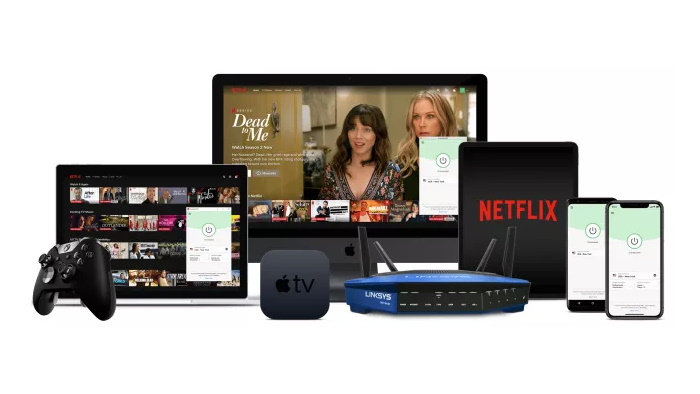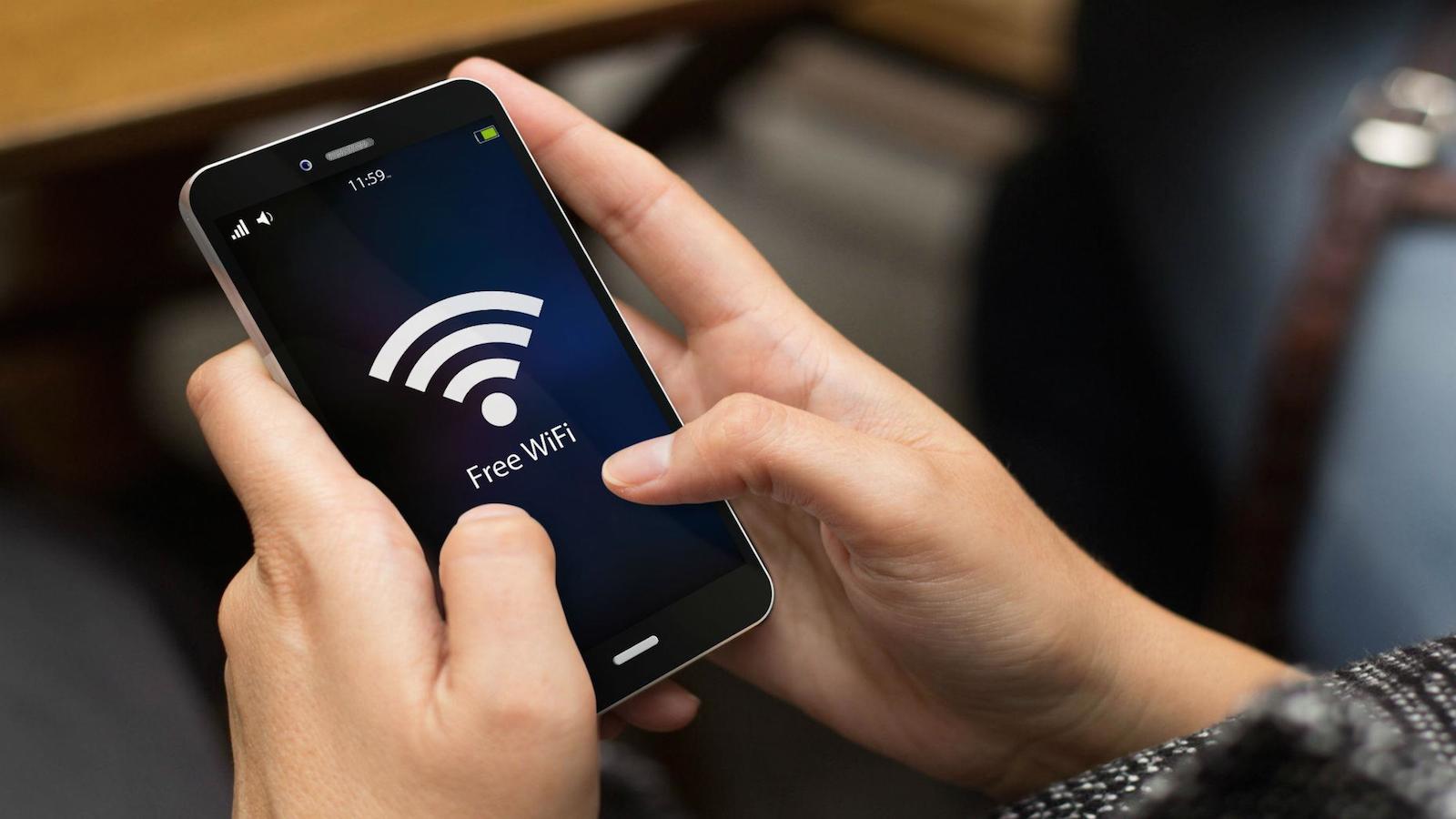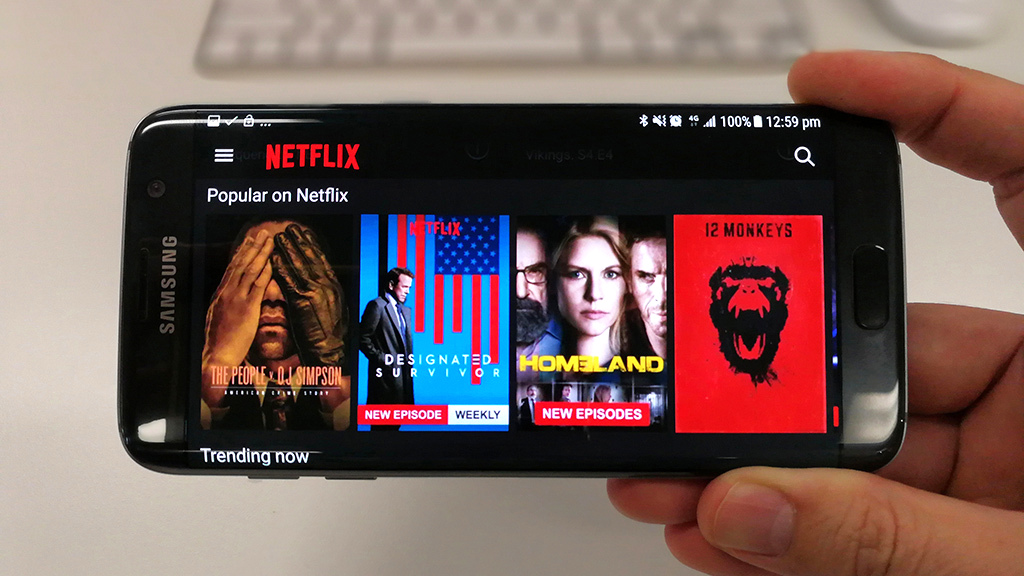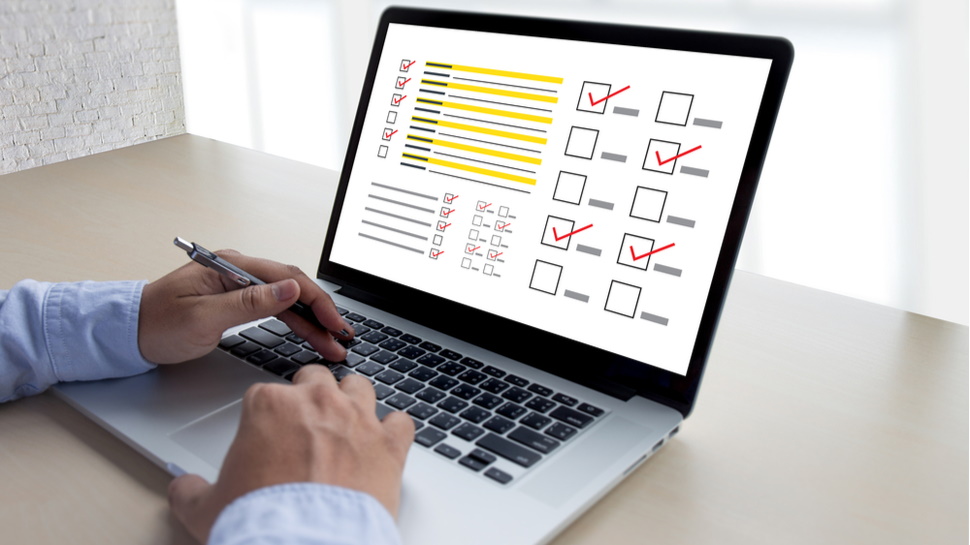12 VPN uses you may not know about
Defeat hackers, avoid ISP throttling, shop in safety and much more

Sign up for breaking news, reviews, opinion, top tech deals, and more.
You are now subscribed
Your newsletter sign-up was successful
A VPN, or Virtual Private Network, is a remarkably useful tool for your online life. On a fundamental level, VPN use consists of a tunnel that your encrypted data travels down, keeping you more secure and anonymous on the internet.
In recent times, there has been more interest in using VPNs as a first line of online security - hardly surprising in the current climate of increased surveillance, not to mention more invasive regulations being passed all over the world.
And, on top of all that, internet users have begun to cotton on that VPN uses go way beyond mere security. They've become a fantastic tool for TV streamers, torrenters, travellers, shoppers and many more folk besides - it's no wonder that there's now an International VPN Day!
And there are some VPN uses you might not be aware of. So in this article, we’re going to highlight a dozen specific use cases for a VPN, detailing precisely how the technology works in your favor in each instance.
- Just want to know which to get? Check out our best VPN countdown
Get a deal on today's top VPN for most uses
ExpressVPN: 30-day trial and 3 months FREE
ExpressVPN has super speed, security smarts, simplicity of use and superb 24/7 customer service - that's why it's #1 in our book. And means ExpressVPN is a top option if your main VPN uses are going be streaming, unblocking websites, torrenting or pretty much all of the activities below. Plus, TechRadar readers get 3 extra months free when they sign up for a year and you can give it a try first with a 30-day money-back guarantee.

1. Online shopping from afar
Let’s say you are traveling abroad, and want to order something from your favorite online retailer to arrive at your home when you get back. Unfortunately, when you go to the online retailer’s site, you end up at its country-specific website.
But if you use a VPN server in your home country, you’ll be able to access the UK, US, Canadian, [insert your country here] site as if you were present locally, and use your home bank account or credit card to ship to your home address. Let the online shopping till we drop commence – via VPN.
2. Avoiding ISP tracking
ISPs are increasingly interested in tracking their subscribers, as we’ve seen with the growing controversy in recent times over in the US. The benign example of what they do with any tracked data, namely targeting advertising, is more than enough reason for users to seek anonymity.
However, any previous concerns have become far graver now that ISPs are permitted to sell user data – like your surfing history, location data or app usage – to third-parties over in the States.
Whatever level of tracking you’re afraid of, a VPN solution installed on all your devices – including mobile VPN apps – is a reasonable defense against such invasions of privacy.
3. Accessing a home network
Odds are that your primary desktop computer is at home, complete with a diverse collection of files and data on it, for work, personal and entertainment purposes. You might even have a NAS setup with a ton more files on it.
Whatever the case, you may want to set up remote access to your PC or NAS to get at all those files – but remember that to keep this access secure, a connection is best made using a VPN.

4. Safely using public Wi-Fi
Many places offer free Wi-Fi access, including schools, hotels, libraries, airports and coffee shops to name a few. It is a common scenario to use these wireless hotspots to check your email, which requires your password and other sensitive data to be transmitted.
Unfortunately, it is not particularly difficult to intercept this wireless network traffic. At home, routers have a password, and use encryption protocols (like WPA2) to keep traffic secure. However, public wireless hotspots give completely open access to all and sundry, and either use a shared password, or no password at all in many cases.
When you’re using such an insecure Wi-Fi network, it’s a good idea to use a VPN so your traffic is encrypted, meaning that even if it is intercepted, your data will be scrambled.
5. Privacy from website info gathering
There are an unfathomable amount of websites out there, and they all need to produce an income to keep the lights on. One of the most common methods of generating revenue is to use adverts, but unlike the ads that are on TV, internet advertisements are often targeted directly at the user (via their IP address).
You’ll probably have noticed that if you search for something on a retailer like Amazon, when you visit subsequent websites, you’ll see ads which are promoting similar products to the one you just searched for.
If this type of tracking of users concerns you (and it should), a good counter-measure to use a VPN, which keeps your true IP hidden and effectively side-steps this kind of nonsense.
6. Anonymous downloading
Peer-to-peer downloads, or torrents, continue to grow in popularity. And of course while these can be used for illegal copyright-violating downloads, there are also plenty of legal use cases, such as downloading a Linux distro, or open source software like LibreOffice (a sterling free alternative to Microsoft Office).
These downloads are followed by torrent trackers, monitoring systems that over time can amass a literal treasure trove of info on their users. While the most obvious concern is that this data could be turned over to the authorities, this information might just simply be sold to the highest bidder. As this type of data collection is all based on IP addresses, using a torrent via a torrenting VPN is the simplest and most effective solution to prevent any potential issues here.

7. Streaming blocked content
Geo-blocking (also known as geo-restriction) refers to when internet content is blocked based on a user’s location. This is often done in the case of TV shows or movies, so for example, access to iPlayer is blocked for those outside of the UK.
However, there are times when this can be a real thorn in the side, such as when you travel abroad and are unable to view the latest instalment of the series you’re watching on Netflix because it’s geo-blocked.
A VPN with servers located in the appropriate country can solve the issue, and consider these locations based on anticipated usage when choosing a VPN provider. Not sure which provider to choose, then our guide to the best Netflix VPN, BBC iPlayer VPN or overall best streaming VPN will see you straight.
8. Campus connecting
Whether the campus is a college, or a larger workplace, these organizations have a vast amount of computer resources to benefit their students or employees. But the likes of universities and corporations also need to safeguard their precious data, so any off-campus remote access should be suitably protected, with a VPN performing this task admirably.
9. Bypassing traffic shaping
Traffic shaping (aka: packet shaping) is when internet traffic gets analyzed and then is processed so it conforms to a certain pattern. While that hardly sounds nefarious, traffic shaping is often done by ISPs to ensure a certain level of performance and quality, and the rate at which the packets get released may be adjusted to maintain a steady flow.
A related technology is traffic policing. Here, if the rate of traffic flow exceeds a limit, some packets will literally be discarded. Traffic shaping and traffic policing are not mutually exclusive, and are often used together for bandwidth throttling, in order to limit what a user streams or downloads. With a VPN, the traffic is encrypted, so that it defies this type of analysis, and any speed throttling is therefore avoided.

10. Beating the hackers
You may be aware that a firewall is designed to keep malicious attackers off your home network, and is located on your router (of course, you can also get software firewalls, which protect just the host device).
These hackers find your network from your IP address. As a VPN connects you to a server off-site, and assigns you a different IP address, any attack will therefore be directed against the VPN server, and not your home network. Hence the VPN is effectively an additional layer of defense from hackers and other malicious denizens of the internet.
11. Wangling web surveys
Perhaps one of the more trivial or obscure VPN uses on this list, but the web polls and surveys you complete online are often tied back to the IP address that you complete it from. That's what means the survey host knows that you've already filled it out (although this can sometimes be linked to your email address or social media account, too).
So if there's an online poll that you care passionately about and you're determined that the end result reflects your personal viewpoint, then you could always fire up a VPN. Once you're on a new IP address, try completing that survey again and you should be able to submit your answers afresh.

12. Using VoIP anywhere
You've probably heard about certain governments around the world cracking down on internet use within their borders. Often, the reason for this is clearly to deprive freedom of speech and the censorship of news and social media sites that aren't state controlled.
Sometimes this extends to VoIP services, with the UAE being a prime example. Rather than letting its residents, visitors and migrant workers access usual voice calling apps like WhatsApp and Skype, it only allows them through its state-owned services like Etisalat and Du. So using a VPN and directing via a server in another country should unblock the restricted apps.
Read more:
- Free VPN: are they any good and which is best?
- Head here for a full explanation of how a VPN works
- So...what is a VPN anyway?
Sign up for breaking news, reviews, opinion, top tech deals, and more.
Jonas P. DeMuro is a freelance reviewer covering wireless networking hardware.
